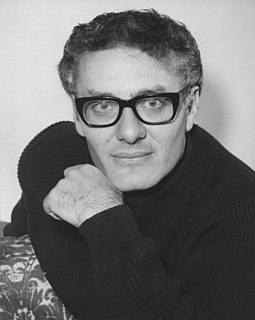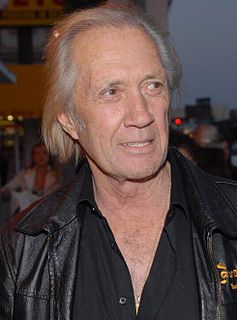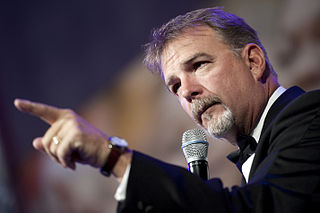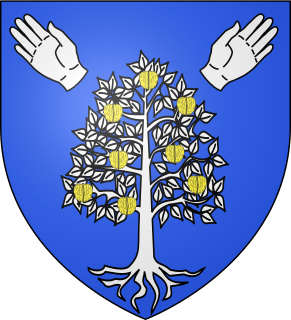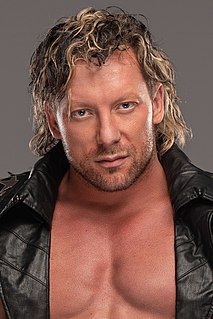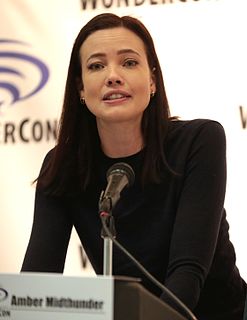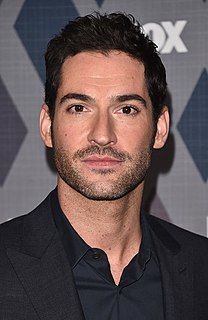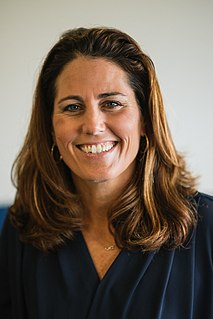A Quote by Peter Shaffer
They look so expectant, and then they look so depressed... that was the other great lesson that The Royal Hunt of the Sun taught me, it was the profundity that masked drama can achieve, that of course, the audience were not seeing masks moving at all.
Related Quotes
The first important role was a Broadway lead I did called 'The Royal Hunt Of The Sun' by Peter Shaffer, the guy who did 'Equus' and 'Amadeus.' Many of the important roles that I got later on were because the guy who was going to hire me was in that audience and had his mind blown. I tend to do that. I blow people's minds with my performances.
Here is this ability to explore ideas, but with minute changes, and then look at the results. Often you get so excited about what you're doing that you think, "Oh, wow, this is just great." And you look at it a week later and you realize you'd been excited by the act of creation, but what you've created is not really exciting when you look at it in cold blood. And so that, to me, is a valuable lesson also.
I walk up and down the rows. The heads look like rubber halloween masks. They also look like human heads, but my brain has no precedent for human heads on tables or in roasting pans or anywhere other than on top of a human bodies, and so I think it has chosen to interpret the sight in a more comforting manner. - Here we are at the rubber mask factory. Look at the nice men and woman working on the masks.
My mother said that when I was young I was constantly saying, Look at this - Look at that. I think that taking pictures must be my way of asking people to Look at this - Look at that. If my photographs make the viewer feel what I did when I first took them - Isn't this funny... terrible... moving... beautiful? - then I've accomplished my purpose.
But as for Aslan himself, the Beavers and the children didn't know what to do or say when they saw him. People who have not been in Narnia sometimes think that a thing cannot be good and terrible at the same time. If the children had ever thought so, they were cured of it now. For when they tried to look at Aslan's face they just caught a glimpse of the golden mane and the great, royal, solemn, overwhelming eyes; and then they found they couldn't look at him and went all trembly.
To achieve the intimacy between performer and audience in storytelling, I feel like I have to let the audience in on my emotional state, not just, "Here's a story I'm going to tell by rote, and you're just going to listen to it, because I'm such a wonderfully entertaining fellow." It's the idea of sharing enough of myself that it's not just all about, "Look at me, look at me." There's an element to it of, "You understand what I'm talking about, right? You've been in this place that I've been in," which makes it a richer experience.
